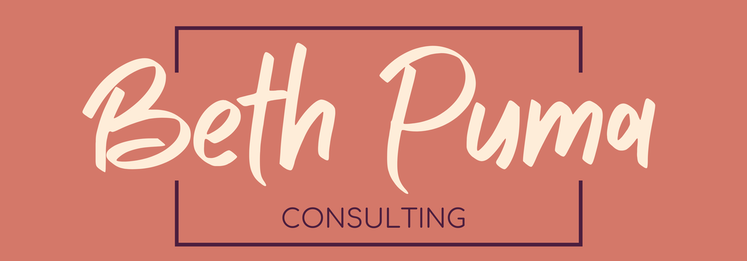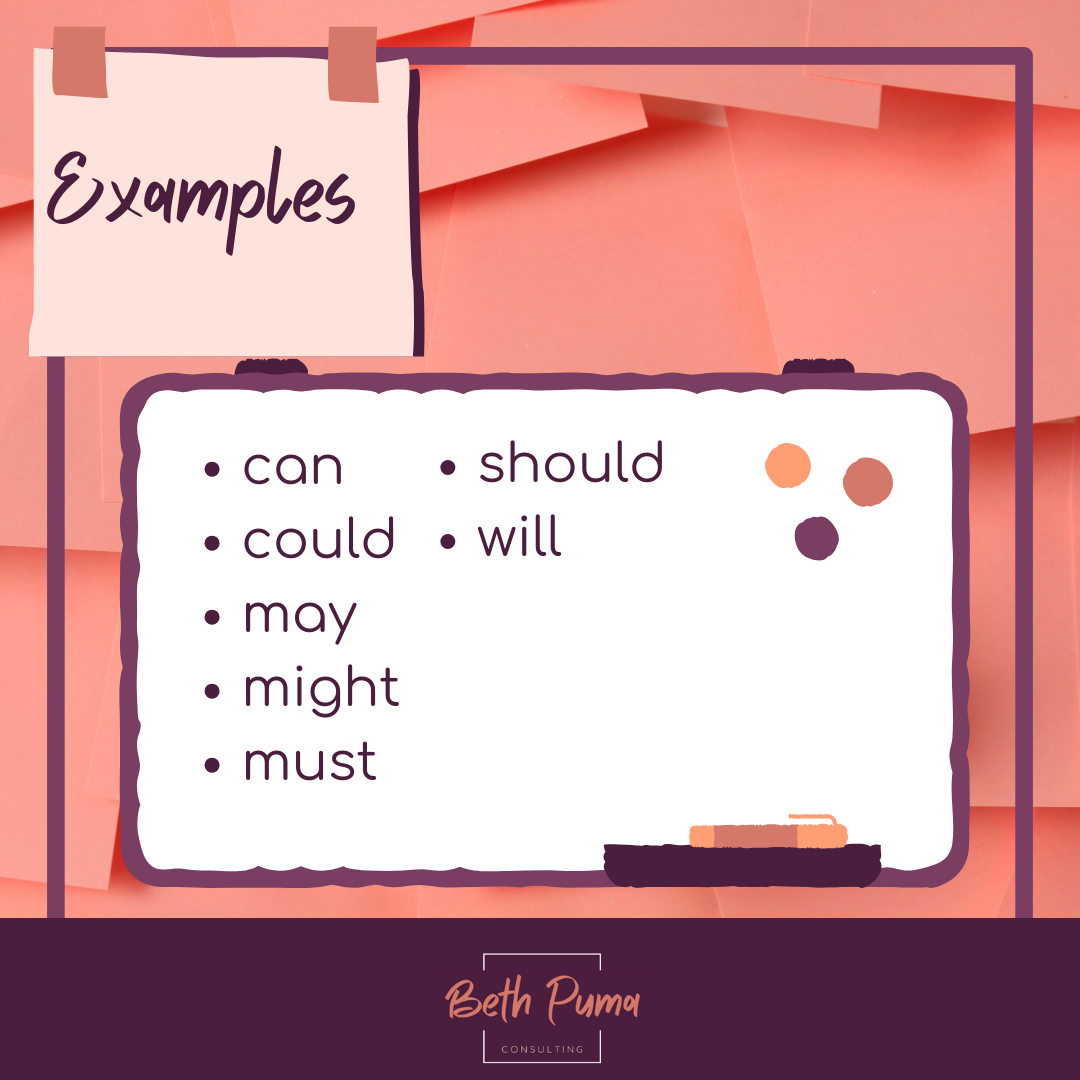|
I’ve noticed a pattern recently, both in my professional learning workshops and coaching sessions. A discourse pattern. You see, part of my training in my master’s programs involved ethnography and discourse analysis. Not unlike the role of an ethnographer, as a coach and facilitator of professional learning I am trained to notice patterns, shine some light on them, and hold space for self-reflection. At recent coaching sessions, a compassionate, yet burnt-out educator started the session with “my kids can’t do this” and about half way through the call, revises it to “I can’t do this.” At a recent professional learning workshop with talented and dedicated educators, around the 2nd day of learning I heard “I should have been doing this all along” from a participant. Now what do I notice? The usage of modals. The day-to-day work of a MLL specialist involves designing language targets that help facilitate language alongside content/concept development. I know a thing or two about modals. I’ve taught that target many times in countless ways. They are the little words that pack a punch and help shift language to reflect the nuance of the speaker. But this is not a blog post about language targets. This is a blog post about educators’ discourse patterns, whether it be about how they speak about their students or their own self-talk. You see, modals like the 'can’t' imply a permanency: a fixed way of being. This can manifest in harmful mindsets about multilingual learners, that fester into unexamined biases. "Can't" can also creep into self-talk that immobilizes educators into freeze mode. A continued state of freeze mode contributes to burnout; alongside the crushing elements of systems that don’t center well-being, justice, and joy. As educators, the modal 'can’t' freezes the creativity out of us.
When the modal 'should' shows up in educator self-talk, it can be quietly yet equally insidious. Although this modal does not reflect the degree of permanency that 'can't' does, it still reflects a future action. However, the connotation is steeped in judgment-a judgment that can crumble into inaction. The judgment of “should” leads to anxiousness, guilt, and paralysis. After many mistakes in my early coaching career, I strive to avoid “should” with coachees. I’ve seen the tension creep into their face at the sound of this modal. Yet, there are things we know we must do in order to serve multilingual learners so that they thrive in our schools. Did you catch that modal there- "must”? “Must'' reflects a degree of emphasis and urgency. How do we reconcile this tension; an urgency to work towards equity while not being so judgemental of ourselves that it leads to inaction? I invite educators I work with to be playful with their modal usage. I try to invite curiosity into their self-talk as they reflect upon their practice. Early educators know that our brains are wired for play. As adults how do we find that space to be playful in the serious business of equity?
Yes, I have been thinking about modals a lot lately. How do modals show up in your educator self talk? I invite you to notice them. How are they serving you? How are they serving your work with students? Are they triggering anxiety, fear, and judgment? If so, you might try reframing. If you want to explore this idea further, get in touch for a personalized coaching session. I know these tiny modals will make an impact on your practice. And that will impact your students.
0 Comments
Your comment will be posted after it is approved.
Leave a Reply. |
Beth PumaI am an MLL specialist, coach, and educational consultant that is dedicated to building a more transformative educational landscape that honors linguistic diversity and challenges societal paradigms. Archives
July 2024
Categories
All
|


